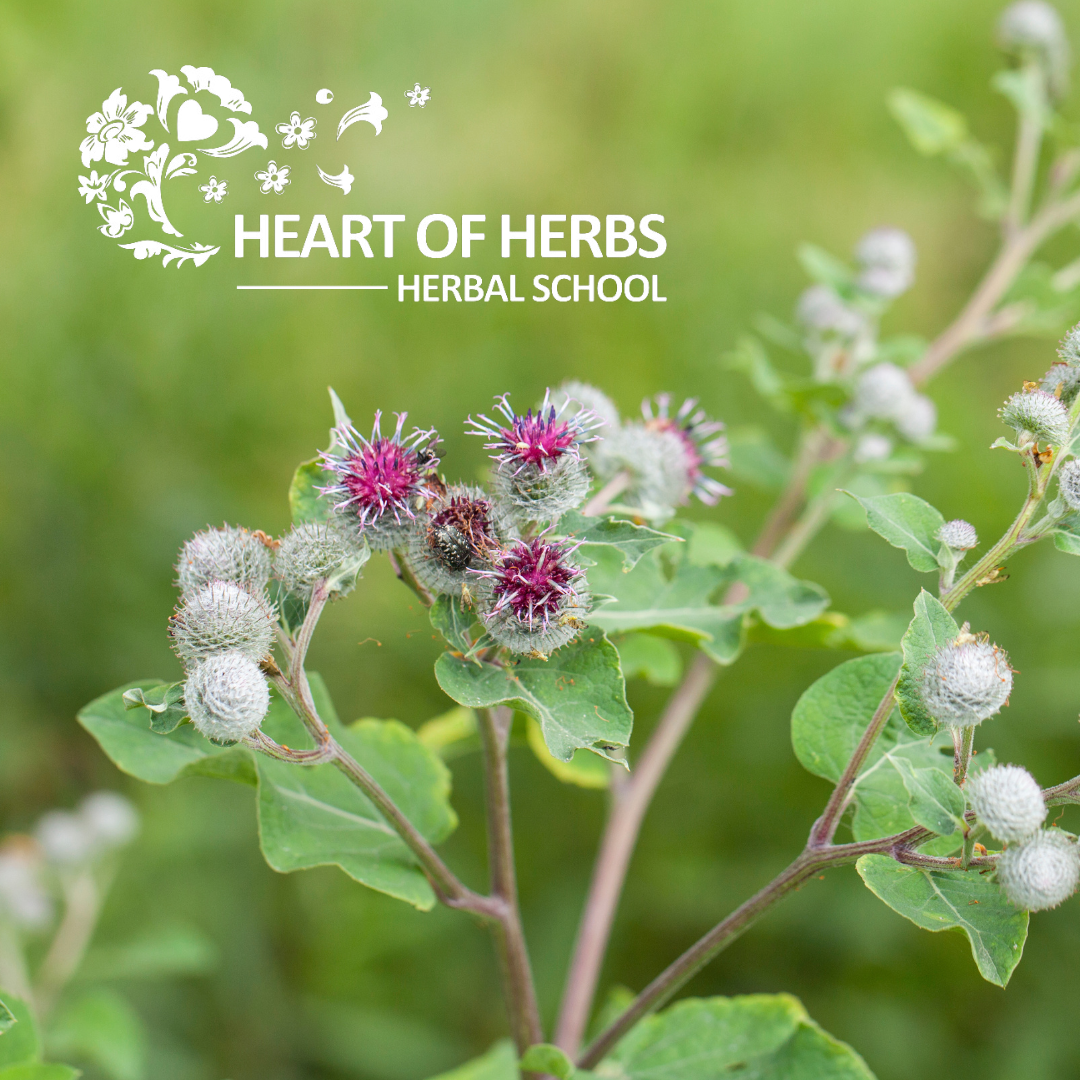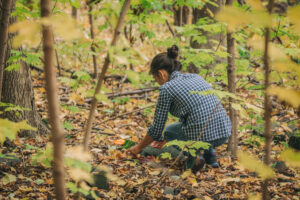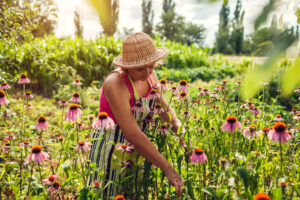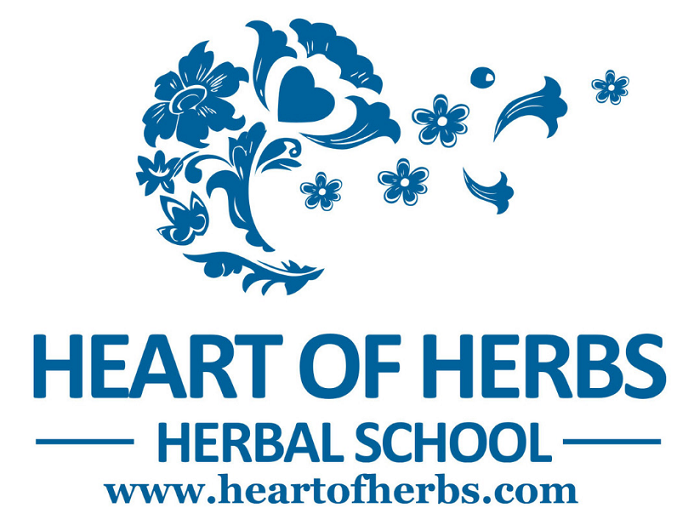🌿 Sustainable Herbalism & Conservation: Protecting Plants for Future Generations
Herbalism has been practiced for centuries, connecting us with the healing power of plants. However, as interest in natural remedies grows, so does the need for responsible and sustainable herbal practices. At Heart of Herbs Herbal School, we are deeply committed to ethical herbalism, conservation, and supporting local growers to ensure that these valuable plants remain available for future generations.
🌍 Why Sustainable Herbalism Matters
1. Preventing Overharvesting & Protecting Endangered Plants
Some of the most sought-after medicinal herbs, such as goldenseal, ginseng, and wild yam, have been overharvested due to high demand. Without proper conservation efforts, these plants risk becoming endangered, disrupting ecosystems and biodiversity.
✔️ Sustainable Practice: Instead of wild-harvesting rare herbs, choose cultivated or locally farmed alternatives. Many plants can be grown in home gardens, reducing pressure on wild populations.
2. Supporting Local & Ethical Growers
Purchasing from local herb farms and ethical suppliers helps promote sustainable agriculture, reduces carbon footprints, and supports small businesses that prioritize eco-friendly growing methods.
3. Using Ethical Wildcrafting Techniques
Wildcrafting (harvesting herbs from the wild) can be done responsibly when we follow ethical foraging principles:
- Only take what is needed, never overharvest. Overharvesting is a common mistake many herbalist make.
- Always leave more than enough plants to ensure regrowth.
- Harvest in clean, non-polluted areas away from roads and chemicals.
- Learn about herb reproduction cycles—some plants take years to recover!
✔️ Tip: Additionally, if you’re new to wildcrafting, take an ethical foraging course to learn responsible techniques.



4. Choosing Organic & Regeneratively Grown Herbs
Many commercially grown herbs are treated with pesticides and chemicals that can harm both human health and ecosystems. Choosing organic or regeneratively farmed herbs ensures that our plant medicine is free from contaminants and supports soil health.
✔️ Heart of Herbs Herbal School prioritizes organic and sustainably grown herbs, educating students on ethical sourcing and growing their own medicinal plants.
5. Reducing Waste & Encouraging Reusable Herbal Packaging
The herbal industry often relies on plastic packaging, single-use containers, and excessive waste. Choosing glass jars, compostable bags, or bulk purchasing can significantly reduce environmental impact. Purchase jars and containers made in your country.
✔️ Easy Ways to Reduce Waste:
- Store herbs in reusable glass jars instead of plastic.
- Purchase in bulk from sustainable suppliers.
- Grow your own herbs to minimize packaging waste.
- Moreover, you can use leftover herb scraps for composting!
🌱 How Heart of Herbs Herbal School Supports Sustainability
At Heart of Herbs Herbal School, we believe in herbalism that nurtures both people and the planet. Our commitment to sustainability and conservation includes:
✅ Teaching students about ethical harvesting & conservation.
✅ Encouraging the use of cultivated, organic, and local herbs.
✅ Supporting small-scale herbal farmers and sustainable businesses.
✅ Promoting eco-friendly packaging & zero-waste herbal practices.
✅ Providing resources on growing your own medicinal herbs.
By choosing sustainable herbalism, we can protect plant populations, support ecosystems, and ensure that future generations can enjoy the healing power of herbs. 🌍✨
💬 What steps do you take to practice sustainable herbalism? 🌿
Disclaimer
Blog Post Disclaimer
The information presented on the Heart of Herbs Herbal School/Demetria Clark websites is for educational purposes only. Heart of Herbs Herbal School/Demetria Clark Education LLC makes neither medical claims nor intends to diagnose or treat medical conditions. Links to external sites are for informational purposes only. Heart of Herbs Herbal School/Demetria Clark neither endorses them nor is in any way responsible for their content. Readers must do their own research regarding the safety and usage of any herbs, recipes, or supplements.
